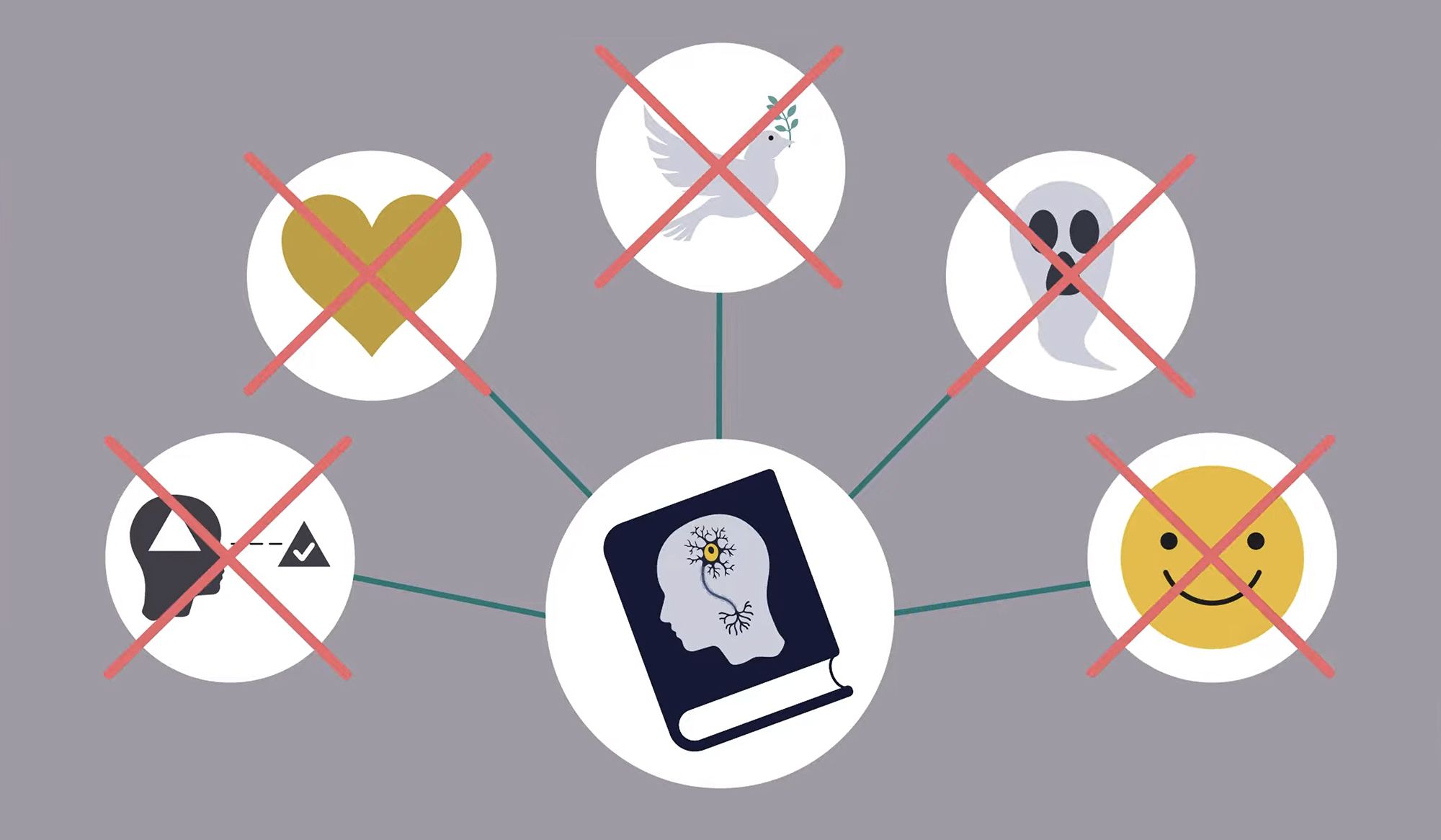Reading
The invisible hand is the idea that people operating based on their own self interest in a market economy will optimize “value” and by doing so will increase human welfare. If a person runs a company which makes something that people are willing to buy, they must want or need that thing, and the person will want to make more of that thing so that they can become richer. They do it out of greed, but the richer they get the more they improve the common weal, as it were.
So even though they aren’t doing what they do because they care about the welfare of others (Adam Smith is very clear about that) operating from greed leads to increase human welfare.
Works, except when it doesn’t.
Descriptive statements describe how the world objectively is. Prescriptive statements describe how the world ought to be.
The Police — The Firemen
Foo Fighters — Foo Non-Violent Conflict Resolvers
Grateful Dead — Grateful We Got On the Right Dose of Antidepressants Before We’re Dead
Maroon 5 — Maroon 4 Because That One Guy Was Actually Super Toxic
The Jesus and Mary Chain — Jesus and Mary Are No Longer Chained to Gender Norms
The Killers — The Weaponized Incompetence Killers
Tom Waits — Tom Waits for Women to Finish Talking Without Interrupting Them
The Allman Brothers — Not All Men But Enough of Them Brothers
Red Hot Chili Peppers — Evenly Tempered Chili Peppers
Sting — It Stings When You Ignore My Feelings
The Rolling Stones — The Ethically Non-Monogamous Stones
Ween — Now We Know Not to Take Out Our Ween When No One Asked for It
The Strokes — The No Longer Need Ego Strokes
Steely Dan — Emotionally Available Dan
As the world shifts away from Western dominance, China demands substantive reforms to the UN Security Council, challenging the archaic power structure and advocating for fair representation, signaling a crucial moment for global diplomacy and the future of the UN.
The post Led by China and India: The Global South Is Trying To Fix the UN appeared first on MintPress News.
TigerSwan worked with law enforcement to fight an information war against the Indigenous-led water protectors.
The post Pipeline Company Spent Big on Police Gear to Use Against Standing Rock Protesters appeared first on The Intercept.
The debate on inflation in Government, in Parliament and in the Bank of England is dominated by the need to curb workers’ wages. But this approach has ignored the elephant in the room: the role that corporations are now playing in driving up inflation through price hikes designed to boost their profits. There is mounting […]

- by Aeon Video

- by David Bentley Hart
The debate on inflation in Government, in Parliament and in the Bank of England is dominated by the need to curb workers’ wages. But this approach has ignored the elephant in the room: the role that corporations are now playing in driving up inflation through price hikes designed to boost their profits. There is mounting […]